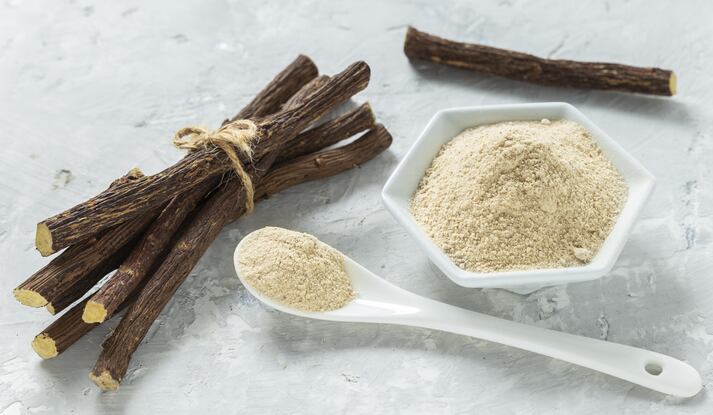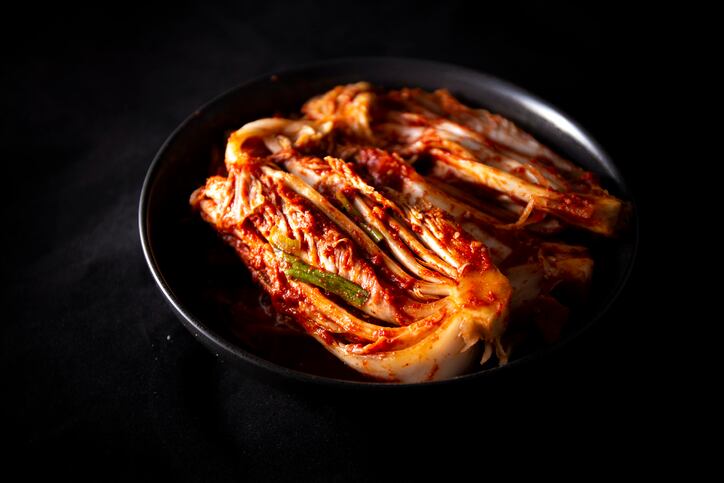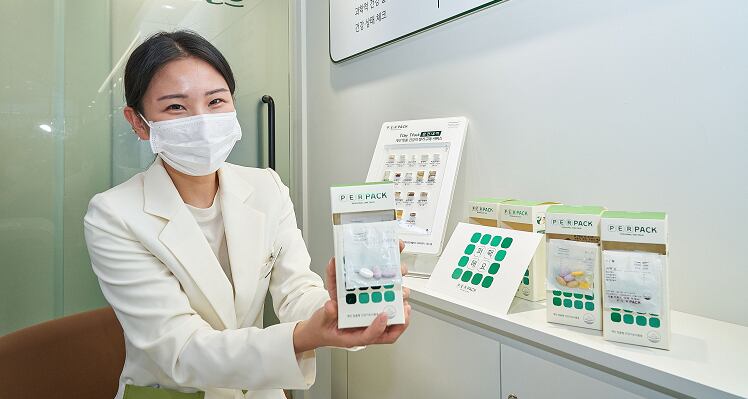The initiative is backed by the National Institute of Horticultural and Herbal Science (NIHHS), Rural Development Administration (RDA), and the Korea Health Supplements Association.
The parties will cooperate on crop production and processing technologies, as well as exchanging information on the market demand for raw materials.
The trio had signed a business agreement to promote the use of homegrown health functional foods raw materials.
“Through this agreement, we will lay the foundation for research and commercialisation of health functional foods using domestically-produced crops with medicinal benefits,” said Myeong-soo Kim, the director of ginseng specialty division at the NIHHS.
“I will try to increase the income of farmers cultivating medicinal crops and help the development of the health functional food industry,” he added.
The RDA said it has started a project in March to cultivate 24 types of botanicals, including different varieties of liquorice, sprouted radish, Korean ginseng, and astragalus as raw materials for health foods that were in high demand due to COVID-19.
Examples of liquorice varieties include glycyrrhiza glabra and glycyrrhiza lepidota.
South Korea’s health functional food industry is worth KRW$4.66 tr (US$3.8bn),and has doubled since 2017 where the figure was only KRW$2.2 tr (US$ 1.8bn).
At present, about 33.1% of the industry uses homegrown raw materials.
There are also more local pharmaceutical companies venturing into the functional food businesses.
An example is Huons, which two years ago acquired Sung Shin BioScience Technology – a firm that specialises in red ginseng products.
Huons has also expanded into other areas such as probiotics, functional beverages, and nutricosmetics under the brand ‘InnerSet’.
More expensive imports
Besides COVID-19, the RDA pointed out that international policies, such as the Nagoya Protocol, have accelerated the demand for homegrown botanicals.
The primary aim of the Nagoya protocol is to split profits between countries that supply and use biological resources.
The protocol was officially inaugurated in South Korea two years ago after the country ratified it. This means that Korean companies importing botanical raw materials will need to pay additional royalties.
The move has since prompted domestic firms to develop native Korean botanicals for use in health foods and cosmetics.
Examples included the partnership between Cosmax and Seoul National University. The latter owns a medicinal herbal garden in its pharmacy college which will serve as a research resource for Cosmax.





